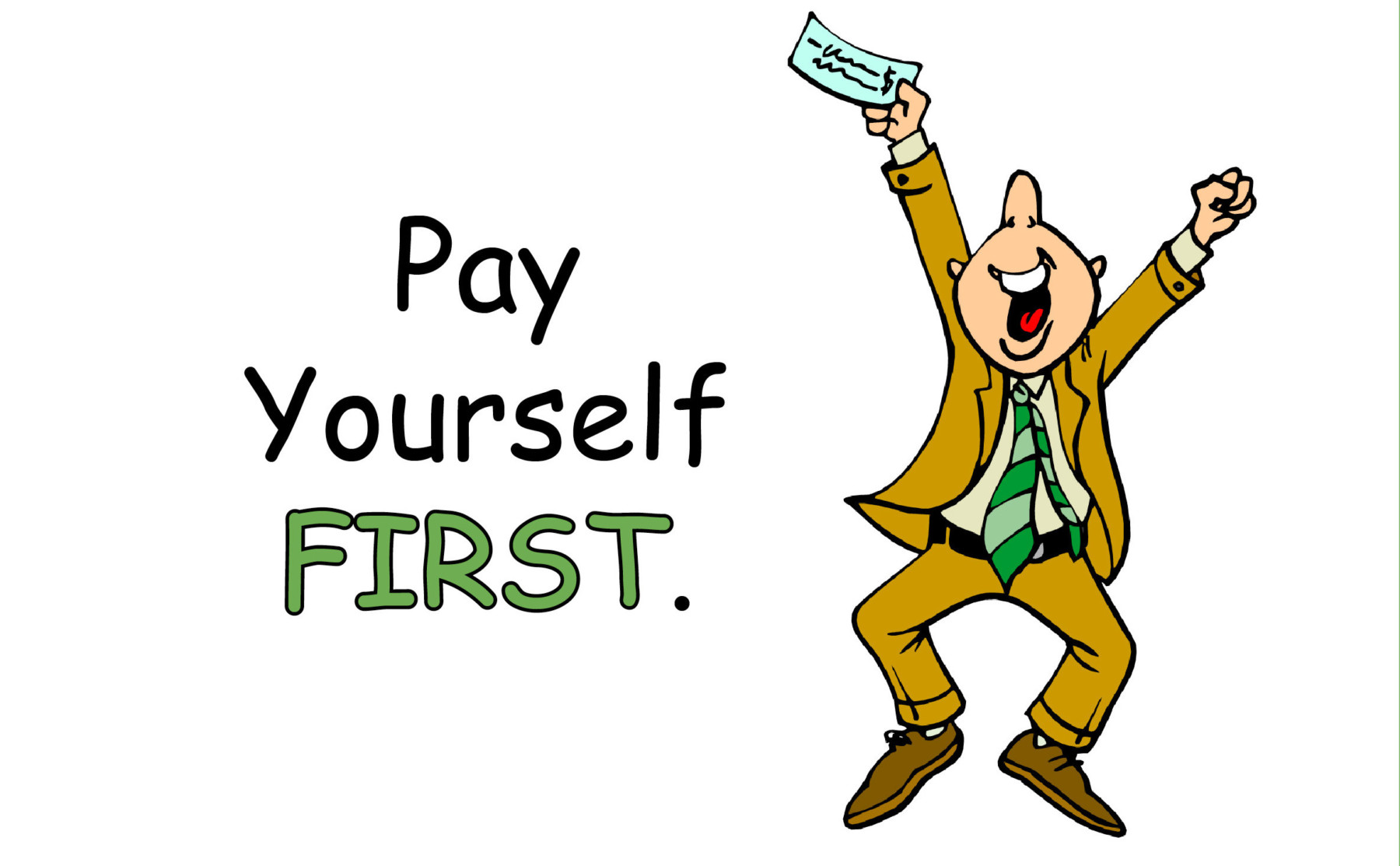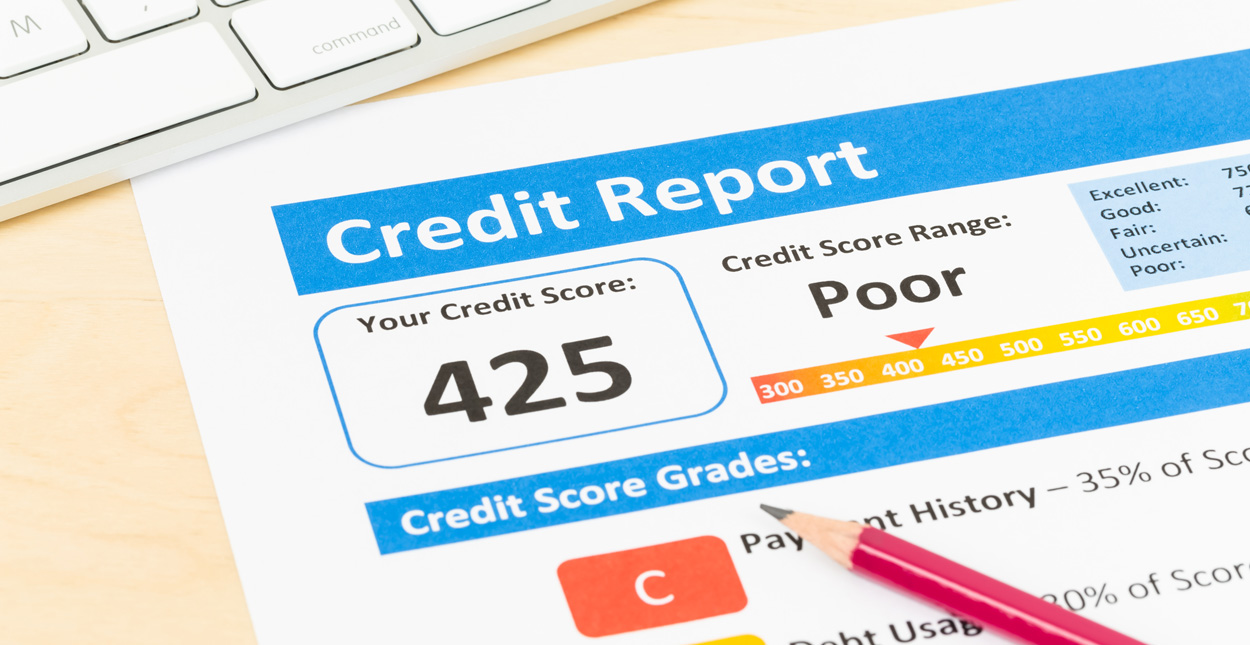We are still living in a pandemic that has made millions of people jobless and forced businesses to have prolonged shutdowns due to COVID 19. This has resulted in the loss of savings and a decrease in earnings for many. Most of us were not prepared for this emergency because our educational system did not groom them in personal finance, money management, and contingency planning. The biggest lesson we humans have learned from this is the need to teach our young generation how to manage their finances prudently. On our part, we have gathered some precious pieces of financial advice based on expert’s wisdom for young people.
Start saving early

What’s the best financial advice for young people just starting to make money? This was the question put before experts by the journal. Charles Rotblut is Vice President with the American Association of Individual investors. Here is what he advised” Save early and often. Even a very small amount saved in one’s ’20s can grow to a significant sum by one’s ’60s.
Building an emergency saving cushion for rainy days is one golden advice that mankind has been receiving from our ancestors. The general tendency is to keep on spending thinking that what is left in the end will be saved. Often this does not happen because human beings are generally inclined to overspend. See what Warren Buffett (the 4th richest man in the world with net “worth $85.5 Bn) has said about this;
Don’t spend what is left after saving; spend what is left after saving” (Learn from Warren Buffett)
The bottom line is “If you don’t want to experience financial anxiety in an emergency (like many people had in the pandemic), start saving early and save consistently.
Pay yourself first

When you receive your paycheck the first person who should get paid is you. Pay yourself first according to David Beach (a ten-times New York Times bestselling Author) are secret words to build wealth. A character in his book, “Latte factor” who is a millennial and lives on the check to check gets this teaching from her financial mentor who also teaches her to become financially selfish.
Young adults should adhere to this rule as it is considered a pillar of personal finance by financial planners and personal finance experts. On getting your paycheck each month you should deposit a certain amount of money in a retirement plan .i.e. 401K or IRA account. The importance of this action can be well understood by the following data revealed by a recent Bank Rate survey.
“Only 23% of Americans have enough emergency savings to cover six (6) months expenses. And 26% have no emergency savings at all”. (Forbes)
Make a budget

The habit of budget-making should be started at an early young age. List all the expenses and incomes for each month and if expenses are more than income, cut down unnecessary expenses, and then set your budget.
Remember; making a budget is easy but sticking to it is harder. The youngsters can do it by reducing their credit card limit, cutting back the clutter through minimalism (Why should one have subscriptions to Hulu, Amazon Prime, and Netflix simultaneously?), and planning for the week.
Try saving as much money as possible in order to remain within your budget. Discount shopping through Coupons, promo codes, and taking advantage of promotional offers (Buy one get one free), etc. help you save many bucks on your monthly shopping. The coupon usage frequency in millennials in the USA has increased from 19% in 2017 to 30% in 2019. ( Statista)
Experts suggest that the 50/30/20 Budget rule is a very nice way to achieve your financial goals. Simply put, the rule is: Allocate your after-tax income this way; 50% needs,30% on wants, and 20% on saving”.
Differentiate between needs and wants

Understand the difference between needs (indispensable) and wants (that make life a little enjoyable).
One golden advice to avoid crossing your budgetary limit is “Don’t let your needs turn into wants” by Michelle Schroeder Gardner, founder of the blog cents. He gives an example of need turning into wanting that though eating food is need by if you start going out to dine too often you are turning a need into want and end up paying more than necessary on food.
Master your Money

As a young adult, you should take total control of your financial future. Instead of giving this control in other’s hands, you should become more cognizant about all aspects of your money matters i.e. management of your debts, using the tools available, knowing what and who you owe and what you own clearly,
The first and foremost requirement of having control on your financial future is learning. You must have knowledge of basic and required knowledge of personal finance and investment. Otherwise you will be manipulated by unscrupulous professionals who either do not know their job well or are merely interested in their fees and commissions. Often the absence of basic financial literacy might prove detrimental to your financial interests also.
Take care of your credit history

Don’t ever deteriorate your credit history as it negatively affects your reputation and restricts your borrowing capacity. Splurging on a credit card is one negative habit especially in young adults who later on bear the consequences of late payment charges and negative credit scores. Logon Allec is a practicing CPA and founder of the money Done Rights blog on financial matters. See her opinion and advice.
“Your Credit score is considered a mirror of who you are not only as a borrower but also as a potential employee and tenant etc.” People look at it and think they know everything about how well- organized, calculated, and reliable you are”.
It is therefore important that you do not keep multiple credit cards, pay your bills timely, and if things are really being unmanageable try negotiating some of your credit card debts by converting them to personal loans with lower APR.


